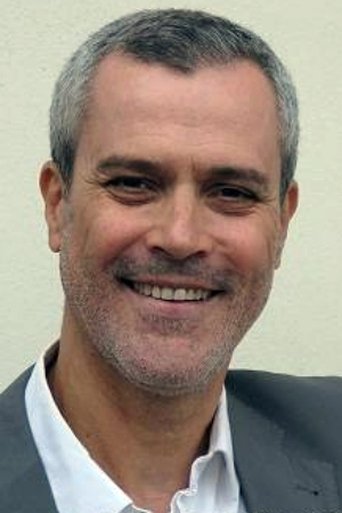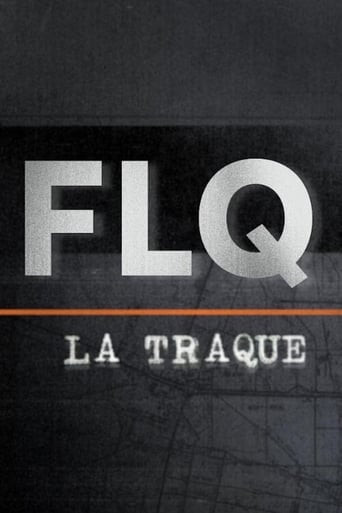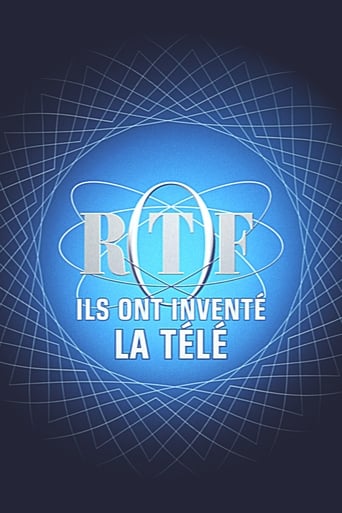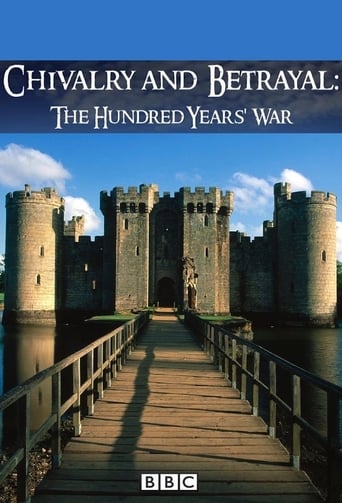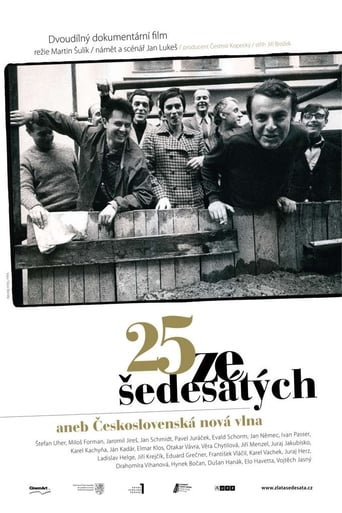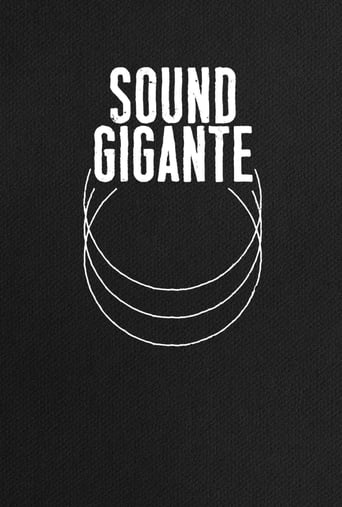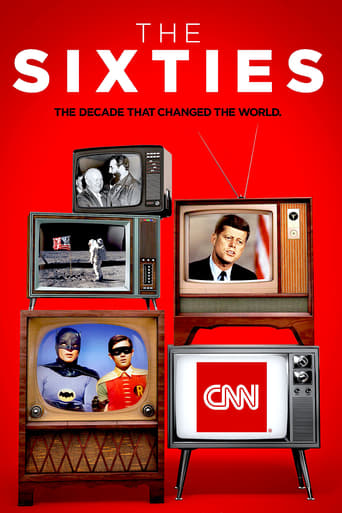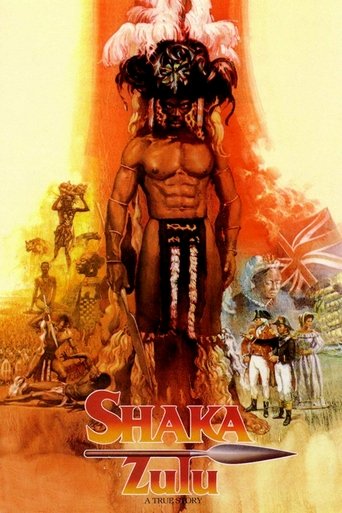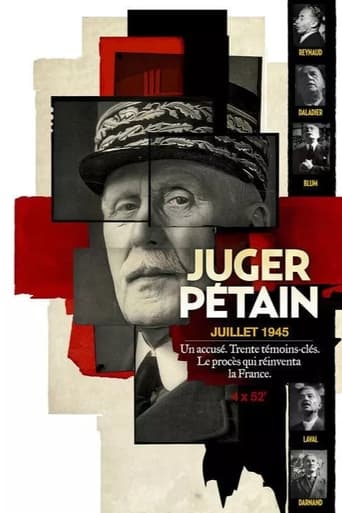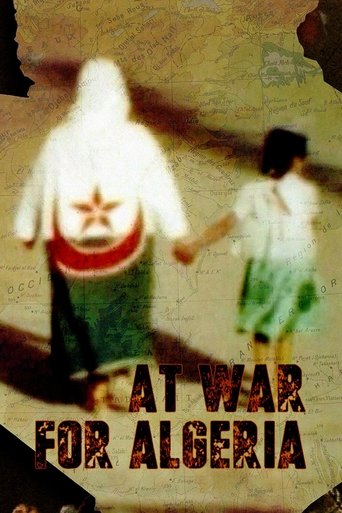
Rating:
7/10 by 4 users
End of Empire
Aurès region, Algeria, November 1, 1954. Brahim, a bus driver, witnesses the assassination of two passengers. This attack, signed by the FLN, was one of dozens that day throughout the country and marked the beginning of the war of liberation. However, colonial France, settled in Algeria since 1830, continues to turn a deaf ear to these warnings.
Writing:
- Rafael Lewandowski
- Raphaëlle Branche
Release Date:
Tue, Feb 22, 2022
Country: FR
Language: Ar | En | Fr
Runtime:
Country: FR
Language: Ar | En | Fr
Runtime:
Lyna Khoudri
Self - Narrator (voice)
Cyrille Beller
Additional Voice (voice)
Raphaëlle Branche
Additional Voice (voice)
Xavier Lemarchand
Additional Voice (voice)
Théo Pigetviel
Additional Voice (voice)
Omar Yami
Additional Voice (voice)
Season 1:

Aurès region, Algeria, November 1, 1954. Brahim, a bus driver, witnesses the assassination of two passengers. This attack, signed by the FLN, was one of dozens that day throughout the country and marked the beginning of the war of liberation. However, colonial France, settled in Algeria since 1830, continues to turn a deaf ear to these warnings.
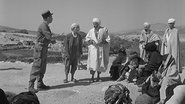
Summary executions, torture, raids, displacement of populations. In the name of so-called pacification, France violently represses the revolt in Algeria, strengthening the struggle for independence even more.

Repression is not enough. France tries to “conquer souls and hearts” by entrusting social missions to the SAS (Specialized Administrative Sections). On the Algerian independence side, the ALN (National Liberation Army) uses guerrilla warfare and terrorism to confront the French army, one of the most powerful in the world.

Due to the crisis of May 13, 1958, General De Gaulle returns to power. On June 4, 1958, in Algiers, De Gaulle says to the crowd: “I have understood you.” In September 1958, the Fifth French Republic and the GPRA (Provisional Government of the Algerian Republic) are born at the same time. From February 6, 1959, the French General Staff launches the Challe Plan to definitively wipe out the ALN units present on Algerian territory.

On September 16, 1959, General de Gaulle proclaims Algeria's right to self-determination. The MNA is delighted to finally have a basis for discussion. On the other hand, the supporters of a French Algeria are indignant and protest angrily from January 24 to February 1, 1960. In June, negotiations begin with the GPRA (Provisional Government of the Algerian Republic) while the people become impatient. Finally, on December 11, the independence of Algeria is celebrated in the main cities.
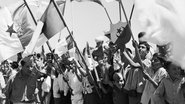
The Algerian victory in the referendum exasperates part of the army and the Algerian French. The most radical supporters of French Algeria found the OAS (Organization of the Secret Army), which commits attacks and grows stronger after the failure of the coup d'état of April 1961. The Algerian population remains mobilized; but De Gaulle refuses to cede the Sahara, rich in gas and oil and recent scene of the first French nuclear tests. In Paris, the peaceful march of October 17 becomes a massacre. Following negotiations between France and the GPRA, which conclude with the Evian agreements, a cease-fire comes into effect on March 19, 1962. The Algerian French, the soldiers and the harkis leave the country in haste.



